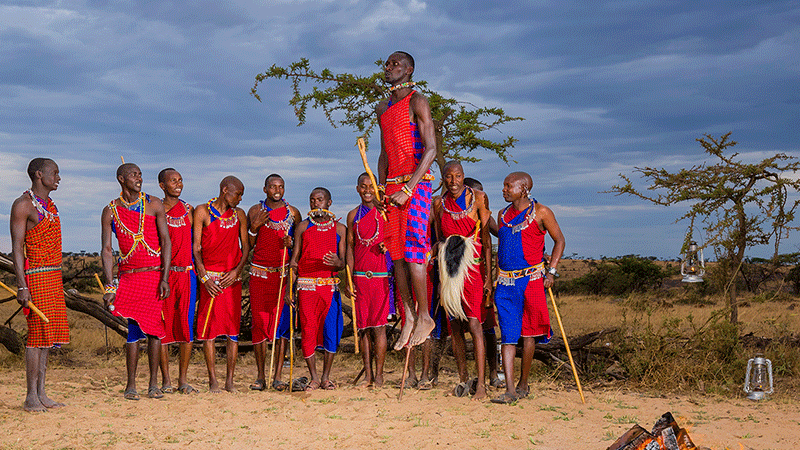Harambee
In Kiswahili, they say “harambee.” It’s both an organizing principle and a tradition in Kenya, from the highland smallholds of which come the January Coffee of the Month. Harambee is the nation’s official motto and appears on its coat of arms.
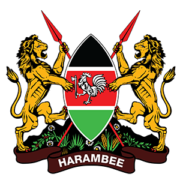
Kahawa Masai comes from the county of Marang’a in the fertile volcanic soil and steeply ridged terrain of the Kenya highlands. The beans are raised in various smallholds, using sustainable agricultural methods and copious hand labor to process the best beans in Kenya. At harvest, farmers pick the ripest, largest coffee cherries and rush them to the factory. There, they are hand-sorted and pulped. After fermentation, beans are washed free of mucilage and sun-dried on patios.
Kenya AA is one of the world’s best-rated coffees and is a great way to introduce people to specialty coffee. Before you sip Kahawa Masai this month, sniff its fresh floral aroma. Then take your first taste of the medium-bodied coffee and look for brown sugar, citrus, maple, and champagne overtones.
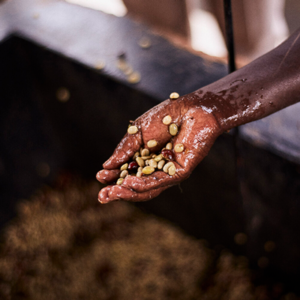 Agriculture is the second-largest segment of Kenya’s economy. The central highlands outpace the rest of the country in agricultural output. Coffee and tea cultivation are the primary economic activities of Marang’a County and lead the area’s push from subsistence farming toward profitable agribusiness.
Agriculture is the second-largest segment of Kenya’s economy. The central highlands outpace the rest of the country in agricultural output. Coffee and tea cultivation are the primary economic activities of Marang’a County and lead the area’s push from subsistence farming toward profitable agribusiness.
The harambee philosophy – “all pull together” – pervades Kenyan culture. In coffee-growing areas, groups of farmers own smallholder collectives, which operate as a single larger user to provide services to small farms, typically one-quarter to one-half acre.
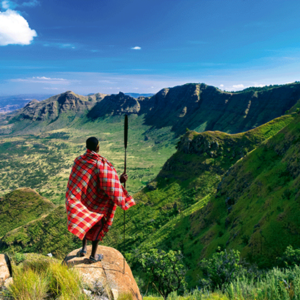 Colorful and Sturdy
Colorful and Sturdy
Cattle herding is the basis of the traditional economy and is inextricably woven into Kenyan culture. Many tribes are recognized in the country’s different regions. We chose a single tribe to exemplify the entire Texas-sized country and named this coffee after the Masai. Living in Kenya and Tanzania, the Masai are a frequent icon for the continent of Africa. Their ferocious warriors repeatedly stymied Western European armies in the late 19th and early 20th centuries. The semi-nomadic Masai culture, based on cattle herding, remains communitarian and iconic, with distinctive customs and dress. Masai have always resisted slavery and continue to demand grazing rights.
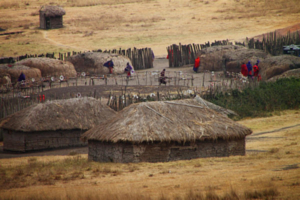 Consider the adumu, a traditional dance in a youth’s rite of passage to manhood. In the famous jump dance, men rise explosively from the ground to amazing heights, while women egg on their heroes with singing and flirting. Remember, too, atmospheric photos of Africa with very tall spear-holding men standing on one leg, gazing over a seemingly limitless landscape.
Consider the adumu, a traditional dance in a youth’s rite of passage to manhood. In the famous jump dance, men rise explosively from the ground to amazing heights, while women egg on their heroes with singing and flirting. Remember, too, atmospheric photos of Africa with very tall spear-holding men standing on one leg, gazing over a seemingly limitless landscape.
Holler Roast Coffee folks believe you’ll find this new coffee as full of character as the Masai warrior or colorfully clothed and ornamented Masai woman.


